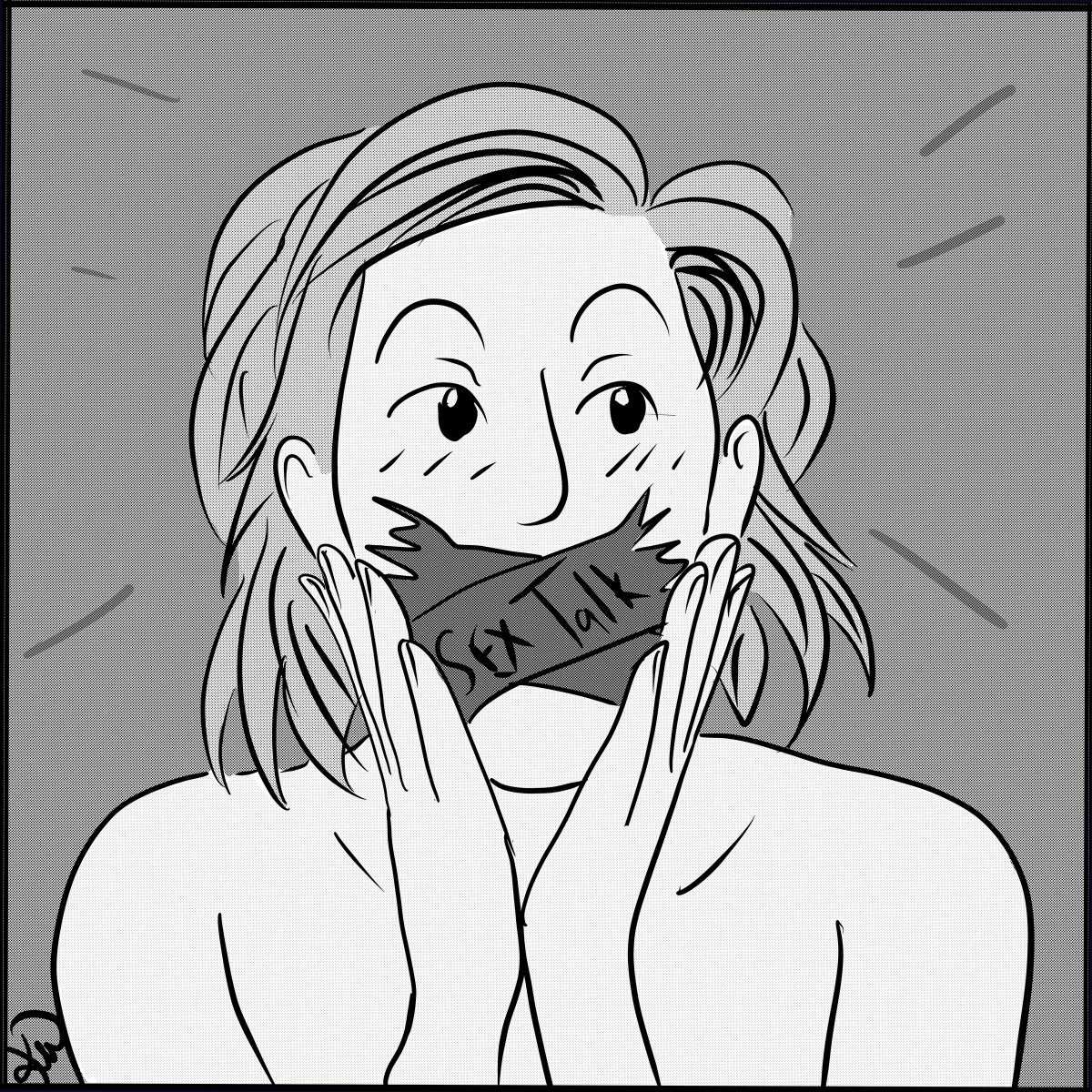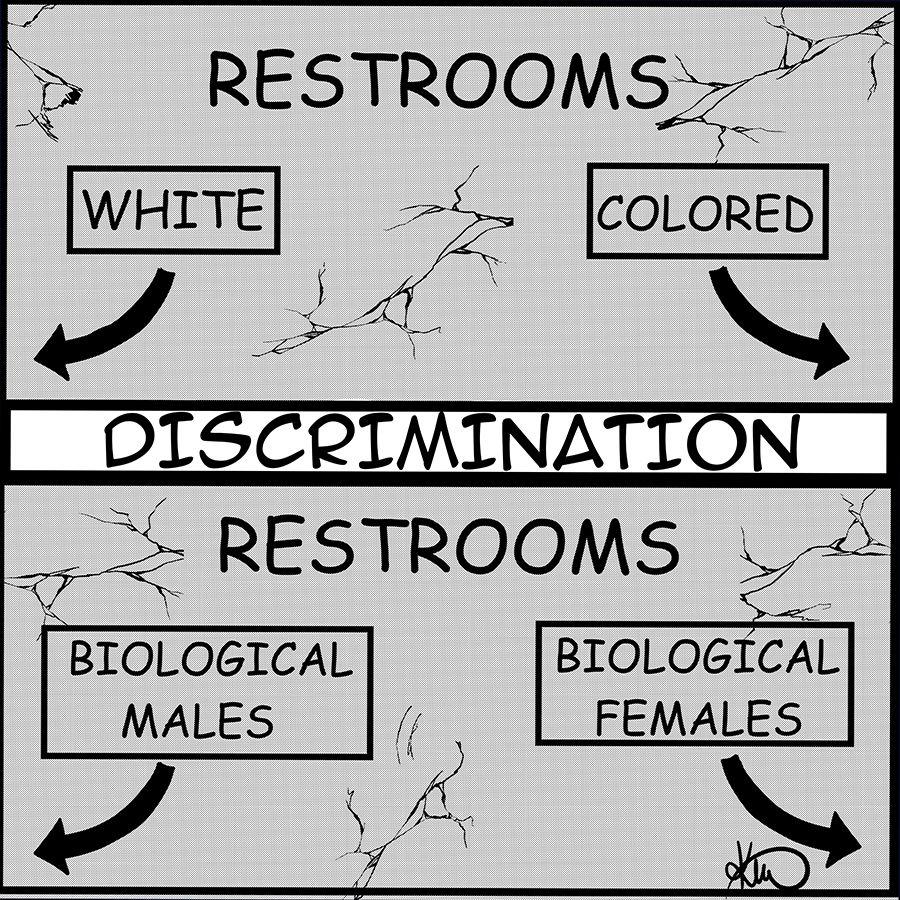Criminals and their deeds are usually seen as evil in a society. Criminals are unloved and abandoned, so very few of them are able to make a new life after being released from prisons. But the Bill of Rights in the Constitution still strongly protects suspects and criminals’ rights in the spirit of minimizing the probability that a criminal is abused and treated unjustly.
Since the 1970s, the explosive growth of jail and prison populations due to federal and state governments’ “tough-on-crime” policy has greatly undermined the spirit of the Bill of Rights. Recently, American Civil Liberties Union released a report showing that the United States not only incarcerates the largest number of criminals in the world but also has held the highest rate during the past decade. The report specifically examines one of the most extreme cases in mass incarceration: the imposivwtion of a life sentence without the possibility of parole for people who have committed nonviolent crimes. ACLU found that there are at least 3,278 prisoners serving life without parole for nonviolent crimes such as drug use and shoplifting. Some of the stories, such as serving a life sentence for stealing a $159 jacket, have been widespread through media to garner the public’s attention.
Before the 1970s, judges had the authority to determine the degree of penalty by considering the convicted person’s conditions, such as a former criminal record, age, family and income. But the mandatory minimum sentencing laws that were passed during the 1970s have immediately tied judges’ hands and eliminated their power to determine cases based on discretions. These laws hamper the independence and judiciary branch and judicial review that are able to check federal and state laws that violate the Constitution. As Judge Andre Davis of Fourth Circuit Court of Appeal put it, “… mandatory minimums are unfair and unjust. These laws, created by an overzealous Congress decades ago, hinder judges from handing out fair and individualized sentences, though prosecutors are given unwarranted power to dictate sentences through charging decisions.”
The cause of today’s injustice on nonviolent crime was deeply rooted in the “War on Drugs.” In October of 1970, Congress passed the Comprehensive Drug Abuse Prevention and Control Act to strengthen the police’s power to conduct “no-knock” searches. In the subsequent year, President Richard Nixon declared a war on drugs and established The Drug Enforcement Administration, widely recognizing the federal government’s role in regulating and fighting drug abuse.
Shortly thereafter, Nixon resigned, but his legacy has remained. Regulations from the administration side are usually less likely to be overseen by the Congress and checked by the judiciary. The long-run problem of these regulations is that it’s almost impossible to remove them once established. Governments are becoming more bureaucratic and less efficient. Thus, massive regulation is nothing more than politicians’ desire to win the public’s support during a certain period.
Besides 79 percent of inmates serving life without parole due to drug related crimes, habitual offenders can also result in long period sentences or even life. State legislators intended to punish these kinds of criminals because it was widely believed that people with criminal histories could not be reformed or corrected. If they are released from prison, it was believed they would continue to commit serious, violent crimes following their release.
The idea of making these laws is unsound. Empirically speaking, the rate of nonviolent habitual crimes, such as shoplifting, increases during economic downturn. People commit these crimes because they might be struggling to find a source of income. Life without parole as a penalty means they are not forgiven for a mistake they made in a desperate situation. For some who are really lazy and make their living out of others’ pockets, life without parole might not be a bad option for them. Once imprisoned, they trade their freedom with basic living standard, which they might not be able to sustain outside prisons.
In a foreseeable future, prisons in the U.S. will be expected to expand to fulfill the need of the increasing number of criminals who commit nonviolent offense in wake of laws of life without parole still in place. They will continue to consume taxpayer’s money but not necessarily keep people safer. Keeping minor criminals in jail forever doesn’t come without imposing costs on the whole society.





